On February 13, 2025, Nissan and Honda announced the termination of merger negotiations, which had been initiated since late 2024 through a memorandum of understanding signed on December 23. The main reason given was that the two sides could not find common ground, notably Nissan's objection to the proposal to become a subsidiary of Honda, which is said to have caused the negotiations to quickly reach a dead end.
Although the two companies have continued to cooperate in areas such as electrification and software development, it is clear that they have not been able to reach a consensus on a major breakthrough such as a merger. Observers say the breakdown further highlights the instability within Nissan, as well as the growing pressure on Japanese automakers to seek each other to share the costs of research, production and responding to the electric vehicle trend.
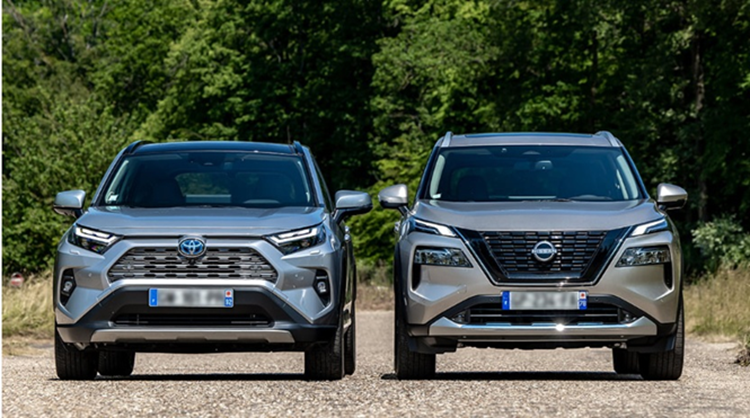
The move, if confirmed, could shake up the Japanese auto industry, which is undergoing a major transformation under pressure from electrification and software transformation.
In that context, the Mainichi Shimbun reported that a Toyota executive had met with Nissan to discuss some form of cooperation. This information was later quoted by Automotive News, although both Toyota and Nissan declined to comment officially.
Speaking at the Consumer Electronics Show (CES) in January, Toyota President Akio Toyoda dismissed the possibility of Toyota getting involved in any major merger involving Nissan, citing antitrust concerns. However, that stance may have changed after the Nissan-Honda talks collapsed.
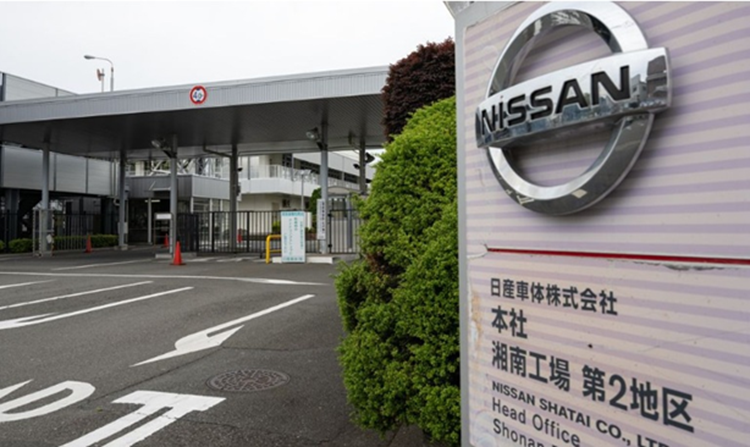
Over the years, Toyota has quietly built up a wide network of influence in the domestic auto industry, with stakes in many major automakers: 20% in Subaru, 5.1% in Mazda, 4.9% in Suzuki and 5.9% in Isuzu. Therefore, any move to join hands or exchange shares with Nissan would be highly strategic and potentially complicated.
In fact, President Akio Toyoda was disappointed with the joint press release from Nissan and Honda after the signing of the merger memorandum of understanding. “There was no specific content about products, just vague words like ‘growth engine’ and ‘ world leader in mobility,’” Toyoda said, implicitly criticizing the lack of substance in the merger plan of the two rivals.
Nissan is currently undergoing a major restructuring after years of product misalignment and global strategy. Under former Chairman Carlos Ghosn, Nissan set an ambitious target of 8 million vehicle sales per year by 2020. However, according to company figures, in fiscal year 2024 (ending March 31, 2025), the company's sales will only reach 3.3 million vehicles, less than half of the previous target.
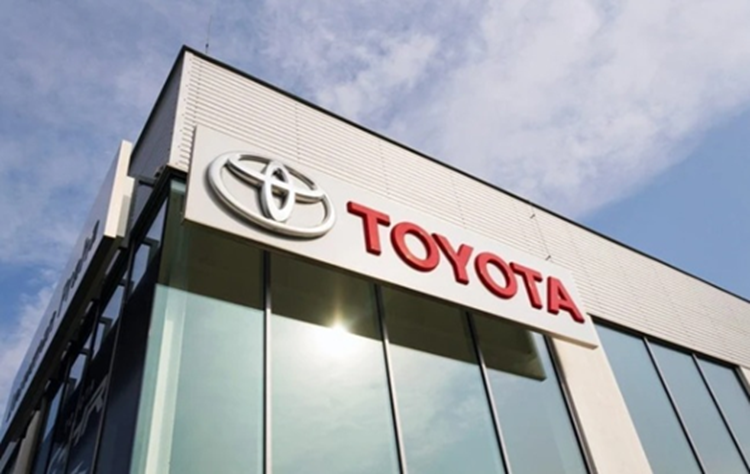
Product chief Ivan Espinosa admitted that Ghosn’s “too fast, too furious” growth strategy had taken a toll. To restore efficiency, Nissan is cutting costs: cutting 20,000 jobs globally, closing seven factories, cutting 70% of component complexity, and ceasing production of six chassis platforms. But the company remains committed to continuing to invest in its luxury brand Infiniti.
Currently, Nissan is expecting a strategic alliance with Renault and Mitsubishi to jointly develop car models using the same chassis and components, only changing the brand to optimize costs and time to bring products to market.
Although the specific content of the discussion between Toyota and Nissan is unclear, analysts say any form of cooperation, from sharing electric vehicle platforms, software development cooperation to joint venture mergers in foreign markets, can bring significant benefits to both sides.

However, legal barriers, differences in corporate culture and traditional competition between the two corporations could make the negotiation process lengthy or difficult to reach a specific result. While Toyota is currently in an overwhelming position in terms of sales, profits and technology, Nissan is still struggling to find a long-term development direction.
In a period when the global auto industry is strongly shifting to electric and software technology, Japanese automakers cannot “go it alone” if they want to maintain their competitiveness. The question now is not “whether to cooperate or not”, but “who will lead the game”.
Source: https://khoahocdoisong.vn/toyota-bat-ngo-tiep-can-giai-cuu-nissan-post1542891.html









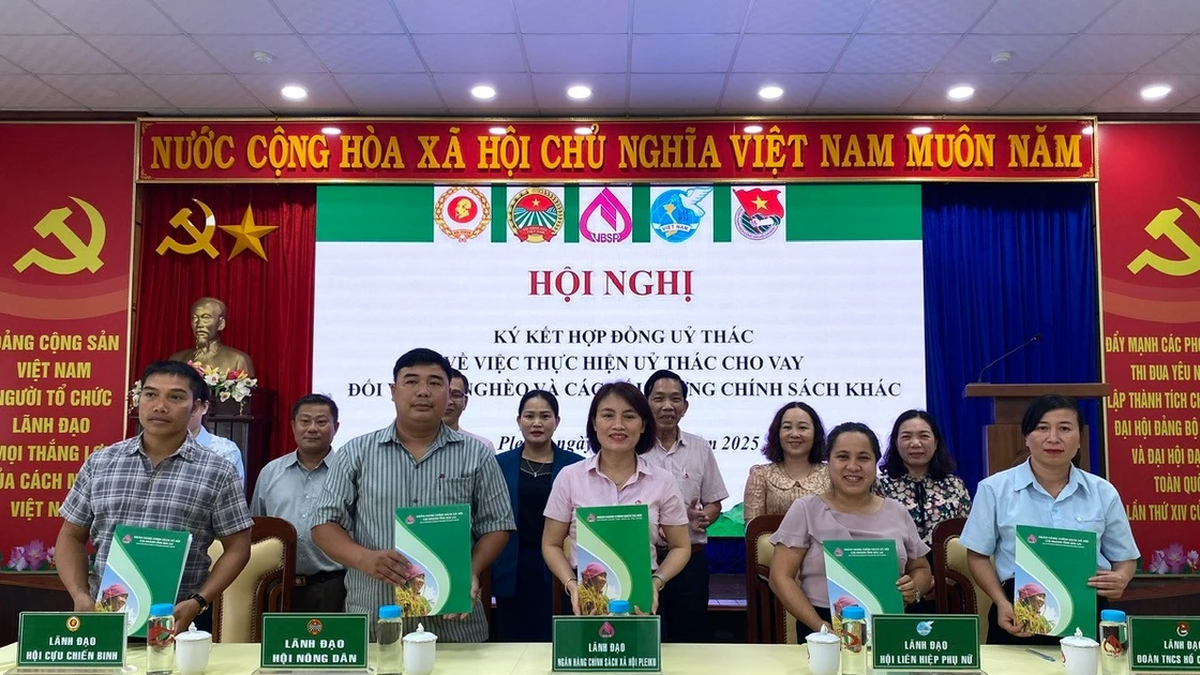
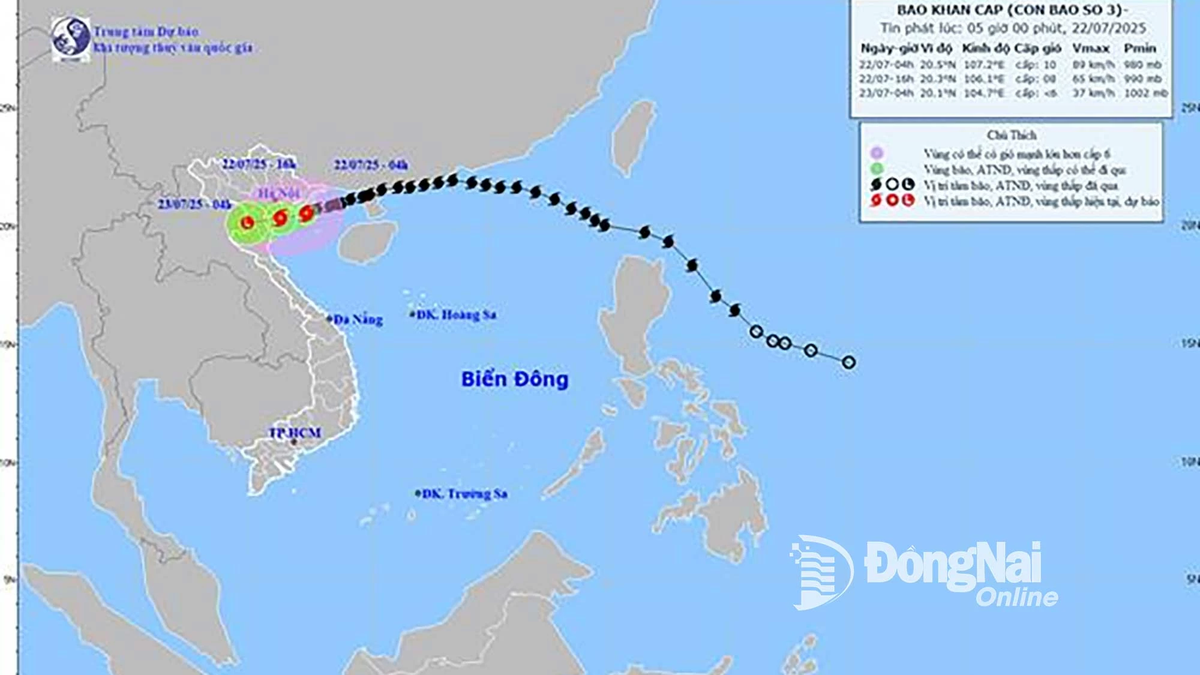











![[Photo] National Assembly Chairman Tran Thanh Man visits Vietnamese Heroic Mother Ta Thi Tran](https://vphoto.vietnam.vn/thumb/1200x675/vietnam/resource/IMAGE/2025/7/20/765c0bd057dd44ad83ab89fe0255b783)

























































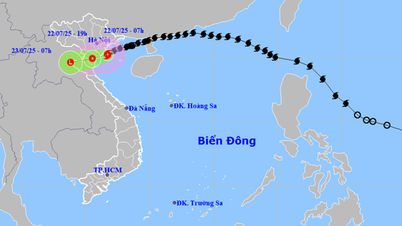
























Comment (0)